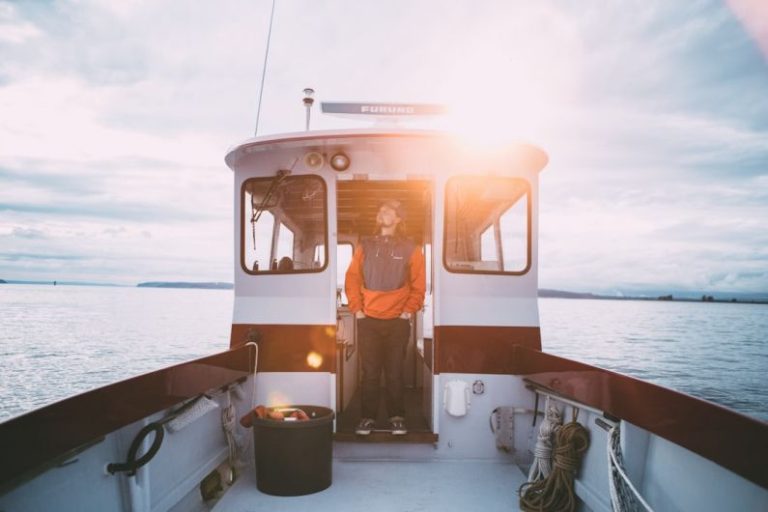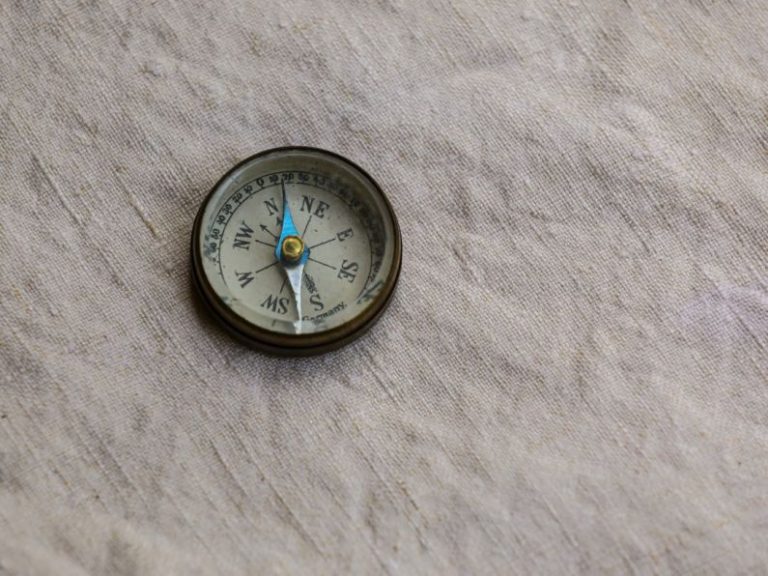Marine Biosecurity: Protecting Our Waters from Invasive Species
The world’s oceans are a vast and diverse ecosystem that is home to a wide array of marine life. However, this delicate balance is constantly under threat from invasive species that can wreak havoc on local ecosystems. Marine biosecurity plays a crucial role in protecting our waters from the harmful impacts of these invaders. By implementing strict regulations and proactive measures, we can help safeguard the health and biodiversity of our oceans for future generations.
The Threat of Invasive Species
Invasive species are non-native organisms that are introduced to an ecosystem where they can rapidly reproduce and outcompete native species for resources. In the marine environment, invasive species can be introduced through various pathways, such as ballast water discharge from ships, aquaculture activities, and even unintentional release of aquarium pets. Once established, these invaders can disrupt the natural balance of the ecosystem, leading to a decline in native species populations and overall ecosystem health.
The impacts of invasive species can be far-reaching and devastating. They can outcompete native species for food and habitat, introduce new diseases, alter water quality, and even cause economic losses to industries such as fisheries and tourism. Invasive species can also have cascading effects on the entire ecosystem, disrupting food chains and leading to a decline in biodiversity.
Preventing the Spread of Invasive Species
To combat the threat of invasive species, marine biosecurity measures are essential. These measures aim to prevent the introduction and spread of harmful organisms in our waters. One key strategy is the implementation of strict regulations and guidelines for international shipping. Ballast water management regulations, for example, require ships to treat or exchange ballast water before discharging it into a new port to prevent the spread of invasive species.
Aquaculture operations also play a significant role in the introduction of invasive species. To mitigate this risk, biosecurity protocols are implemented to ensure that aquaculture facilities are properly managed and monitored to prevent the escape of non-native species into the wild. Education and outreach programs are also crucial in raising awareness about the importance of preventing the spread of invasive species and promoting responsible behavior among boaters, fishermen, and other stakeholders.
Early Detection and Rapid Response
In addition to prevention measures, early detection and rapid response are key components of effective marine biosecurity. Monitoring programs are implemented to detect the presence of invasive species in our waters before they become established and widespread. This early warning system allows for prompt action to be taken to contain and eradicate the invaders before they cause irreparable harm to the ecosystem.
Rapid response efforts may include targeted removal of invasive species, habitat restoration, and research to better understand the biology and ecology of the invaders. Collaboration among government agencies, researchers, industry stakeholders, and local communities is essential to coordinate these response efforts and ensure a swift and effective response to new incursions of invasive species.
Safeguarding Our Marine Environments
Marine biosecurity is a critical component of ecosystem management and conservation. By implementing proactive measures to prevent the introduction and spread of invasive species, we can help protect the health and biodiversity of our oceans. Strict regulations, effective monitoring programs, and rapid response efforts are essential in safeguarding our marine environments from the threats posed by invasive species.
In conclusion, the importance of marine biosecurity in protecting our waters from invasive species cannot be overstated. By working together to implement and enforce biosecurity measures, we can help preserve the delicate balance of our marine ecosystems and ensure a sustainable future for our oceans. Let us continue to prioritize the protection of our marine environments and take action to prevent the spread of invasive species before it’s too late.






